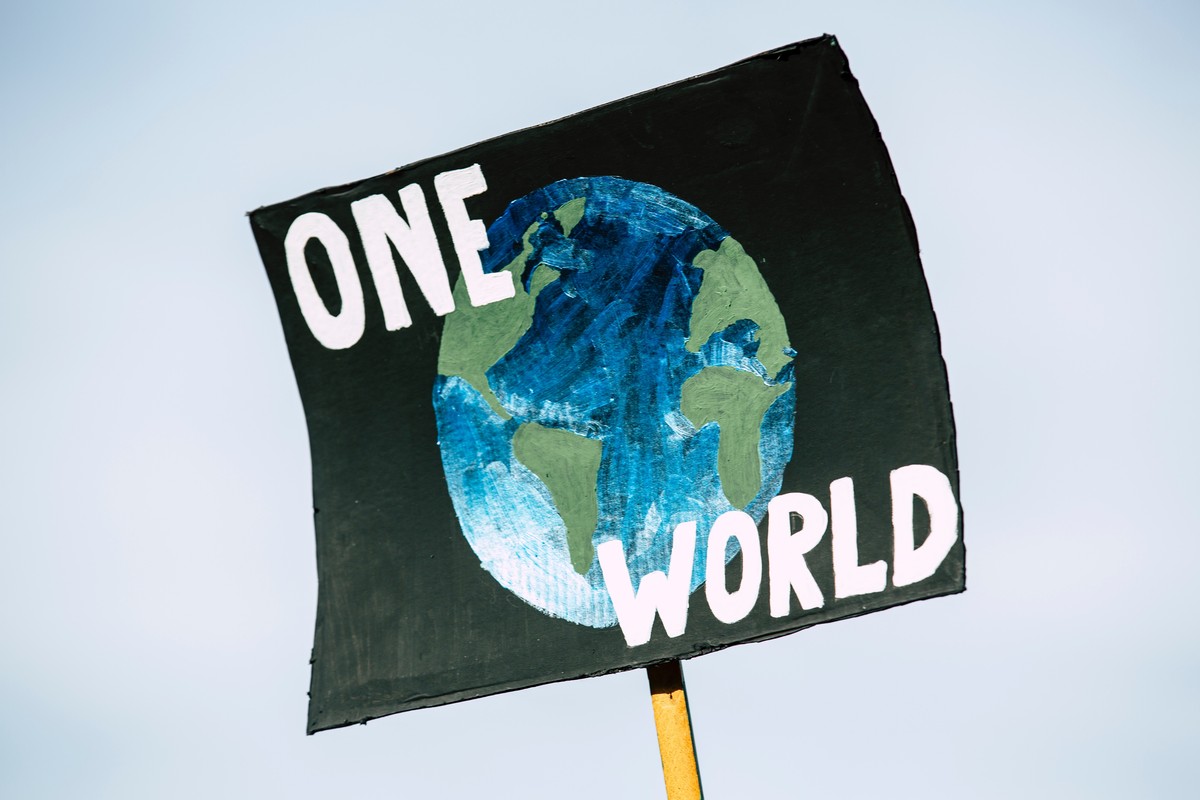Climate change is a growing concern as our planet's global average temperature continues to rise at a dangerous pace due to increasing greenhouse emissions. Despite the challenges of not being able to halt emissions overnight and the impact of gases already emitted, rapid advances in artificial intelligence (AI), green information and communication technologies (ICTs), and robotics offer hope in the fight against climate change.
The International Telecommunication Union (ITU) is working with partners around the world to tackle this issue by identifying and scaling solutions where AI can help detect, adapt, and respond to climate change in areas such as weather prediction, energy efficiency, and reducing emissions from transportation, agriculture, and industry.
AI technologies to fight global climate change
As the world faces the consequences of climate change, innovative solutions are needed more than ever to combat this global crisis. The advancements in AI, green ICTs, and robotics offer hope in the fight against climate change, with their ability to detect, adapt, and respond to its impact.
AI innovations provide practical solutions to mitigate the climate crisis, from reducing energy consumption to preventing plastic pollution, deforestation, and wildfires. While the goal of keeping global temperature rise under 1.5°C may seem unattainable, there are some groundbreaking solutions that remind us that it's not too late to act and make a difference in the fight against climate change.

Green cooling technologies and reducing electronic waste
Immersion4 uses innovative green technologies to cool electronics without any use of natural resources, reducing data center energy consumption from 20% to 4%. These technologies can also help address the critical issue of e-waste.
Green digital agriculture
Brahm Works is a Bangalore-based startup using AI to decarbonize India's agriculture sector by monitoring and optimizing agricultural inputs and outputs via precise nutrition control of fertilizers. This approach gives farmers a better yield and reduces their greenhouse gas emissions.
Preventing wildfires
Kettle, an innovative startup, has used deep learning to develop a smarter reinsurance model to better predict the catastrophic effects of climate change. Their predictive underwriting platform accurately predicted wildfires in the top 20% of risk areas, helping to protect the world from increasing climate crises.
Smart and sustainable cities
Sipremo is a startup using AI to make cities safe, clean, and sustainable. Their AI provides information on where, when, and what disaster or climate change event may occur in the future, allowing for timely action to mitigate or even avoid the negative environmental impact of such events.
Preventing plastic pollution
The Ocean Cleanup is a non-profit organization developing and scaling technologies to remove 90% of floating ocean plastic by 2040. Their AI object detection algorithm generates scientific observations of floating macroplastic litter, which makes it easier to create a map of plastic and focus cleaning efforts where it is most needed.
Improving energy efficiency
IBM helps clients become sustainable by developing solutions through data-driven innovation, such as applying AI for increased energy efficiency in IT operations and data centers. IBM LinuxONE and IBM Instana for Observability allow clients to track and reduce data center energy consumption in real-time.
Thank you for being a Ghacks reader. The post How can AI technologies protect nature? appeared first on gHacks Technology News.


0 Commentaires